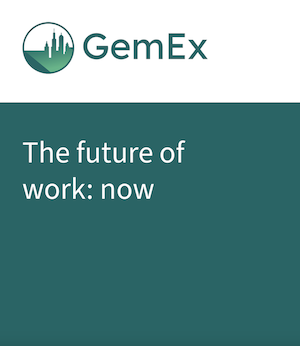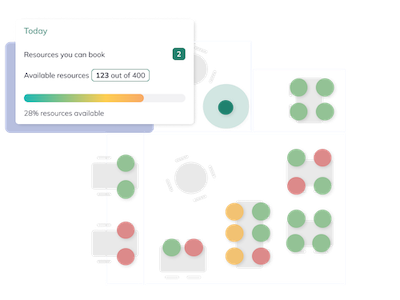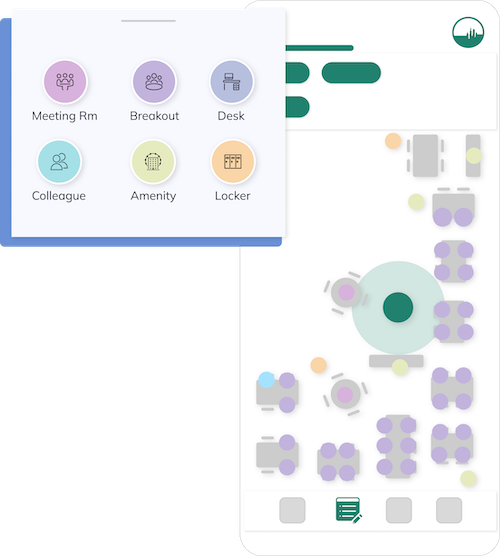I was pleased to be invited to the BCO & LCMB workshop, discussing the Business Case for Productive, High Performing and Healthier Workplaces, on Wednesday 25th September, it ended up being a really interesting session with participants from a wide variety of industries.
The day started with a series of presentations covering the latest research in the space.
Professor Derek Clements-Croome talked around the Flourish model, where we need to go beyond just comfort to improve people’s experience in the workplace. With medical absence and presenteeism costing in excess of £100bn a year, a holistic approach is an investment and not a luxury.
John O’Brien from LCMB then talked through some of the key findings from the WLP+ project which was enabled by Spica’s Devicepoint® platform. The research proved the impact the environment can have on productivity in several real-world offices, showing significantly improved quality and response times at lower CO2 levels.
John also highlighted a study from Harvard Business Review showing that every dollar spent on wellness, saved $2.73 in reduced absenteeism and $3.27 in medical expenses. Maybe they should really say invested and not spent.
Ed Suttie of BRE then talked through a study currently running looking at the impact biophilia can bring to the workspace, which promises to bring some interesting findings. Did you know that, alarmingly for those in an open plan office, we can see a 66% drop in performance when exposed to distracting levels of noise?
Following presentations, we discussed some common challenges in the space and our experiences in addressing them. Some interesting points were raised:
- Knowledge and support for Health & Wellbeing policies varies a lot between regions and industries but is growing year on year.
- There is a lack of ownership for the complete employee wellbeing strategy, it ends up partly tacked on to existing responsibilities, if at all.
- A change in culture is often needed to really realise the benefits of new Health & Wellbeing policies and encourage engagement, this should be supported from the top down.
- Improvement benefits are spread across the business, so whilst it must be a collaborative approach to impact change, each business area needs to recognise the value created is wider than their space.
- ROI is always going to be a challenge to measure because Productivity improvements aren’t part of a closed system, there are many variables affected by outside influences and base measures often vary by business area.
- We need to measure the as-is and empower employees to understand current status and the changes in play in order to get their buy-in.
- Widespread change could be driven by knowledgeable employees, empowered by personal data, as well as a Government Tsar, highlighting and emphasising the benefits.
My observations from the discussions are that there seems to be a grey area between encouraging employees to participate in wellbeing schemes and enforcing change on them, where we need to find the right balance. It’s important to recognise both an employee’s personal choice and the pressures they may feel to comply due to company culture.
In design we talk about how ‘we are not the user’, in the same way the business is not the employee. The session today was well attended by people who’ve seen the evidence and really support Health and Wellbeing changes, they’ve also frequently participated in such schemes which they then personally benefited from. However, this is not a one-size-fits-all situation, wouldn’t it be boring if it was? We need to support and listen to different perspectives when implementing change and that’s a good thing, in the end our diversity drives our creativity.
I look forward to seeing the discussion in the area grow and develop further. If you’d like to talk to Spica about how we could support you in using technology to support your healthy, productive and high performing workspace then get in touch. Whether you’re just starting to measure the as-is or you are ready to implement evidence-based change, we have industry experience and a range of solutions ready to support you.










